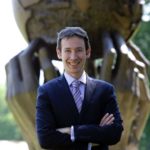Deputy Head, UK Mission Political Team
19th March 2020 Geneva, Switzerland
Corona Council (24 February – 13 March) 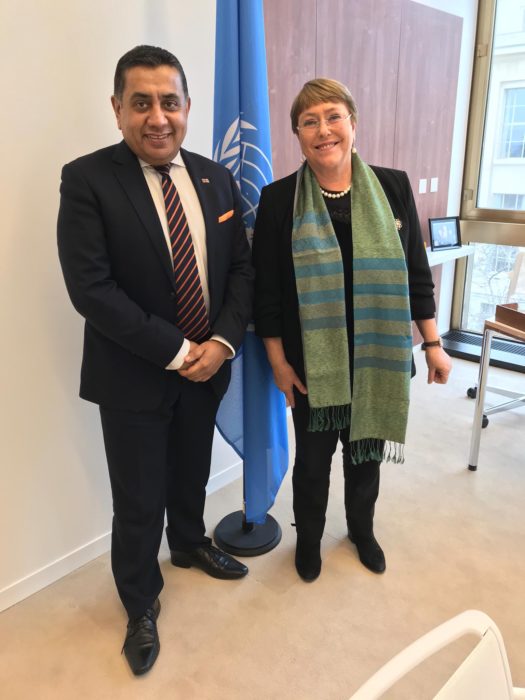
I’ve long had a sense of foredboding about the 43rd session of the Human Rights Council. Those of us who’ve been around these parts longer than most tend to measure our life-spans in the number of Council sessions we’ve racked up, as well as years. I worked out some time ago that session 43 would be the one when my real age and my Council age would come together and it was not something I’d been looking forward to.
Before the session began, the biggest talking point had been how we would manage to finish the session on time following the drastic cuts in meeting time imposed on the Council by UN HQ. The fear was that the session might overrun by a couple of days into a fifth week. But who could have imagined this?
For the last few weeks, it felt like the walls were creeping in on us, slowly at first, but ever closer and more menacing as the scale and seriousness of the impact of the Coronavirus became clearer. But it took some time to sink in, and week one went to plan with Secretary General Guterres addressing the Council’s opening. His much anticipated speech wasn’t quite the full-blown call to arms in defence of human rights that many had been hoping for, but his “Call to Action” offered encouragement that human rights was a priority for the UN leadership. Mr Guterres’ analysis that “human rights are under assault” was spot on and let’s hope his Call for Action translates into a response that puts the protection of individual’s rights at the centre of the UN system.
Many Foreign Ministers also made it through Geneva during week one, including the UK’s Lord Ahmad of Wimbledon who has become a popular figure on the Council circuit. He led a side event on freedom of religion or belief alongside the Polish Foreign Minister and launched the UK’s candidacy for Council membership next year at an exhibition on girls’ education.
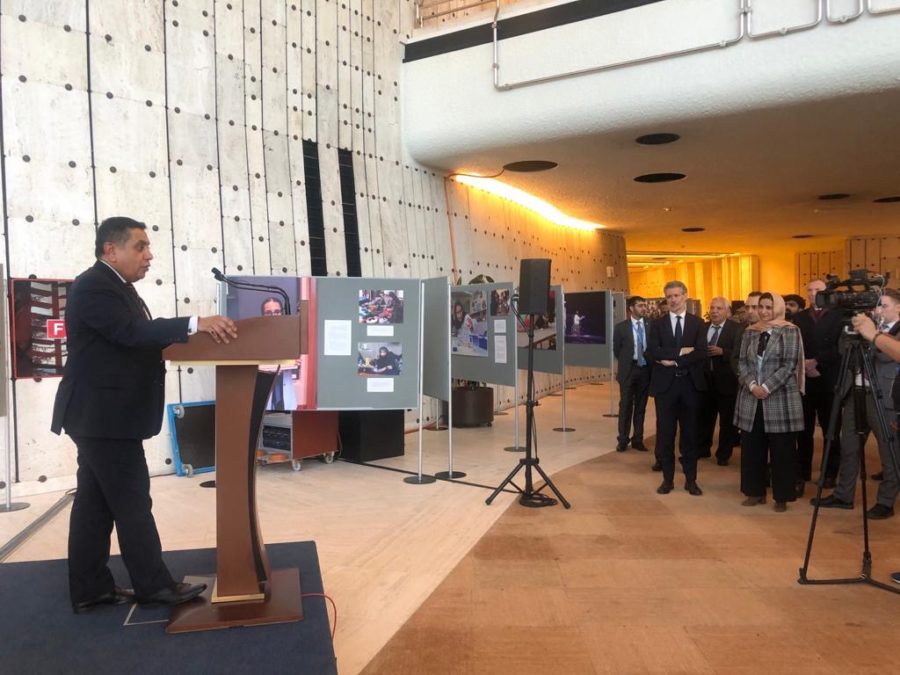
Among those he met for bilateral discussions was Sri Lankan Foreign Minister Dinesh Gunawadena, who used his plenary address to announce that Sri Lanka was “withdrawing its co-sponsorship” from the landmark resolution on Sri Lanka, passed in 2015. This resolution has provided a much-needed framework for progress on human rights, reconciliation and accountability over the last 5 years, and Sri Lanka’s change in approach under its new Government is a deeply worrying move. The Council will need to keep a close eye on the human rights situation over the year head.
As the session went on, measures were gradually rolled out in response to the spread of the Coronavirus. Side events were cancelled to limit those visiting from outside Geneva; informal meetings to negotiate resolutions were moved to bigger rooms so that we could all sit apart from each other; and we were all urged to keep our distance at all times.
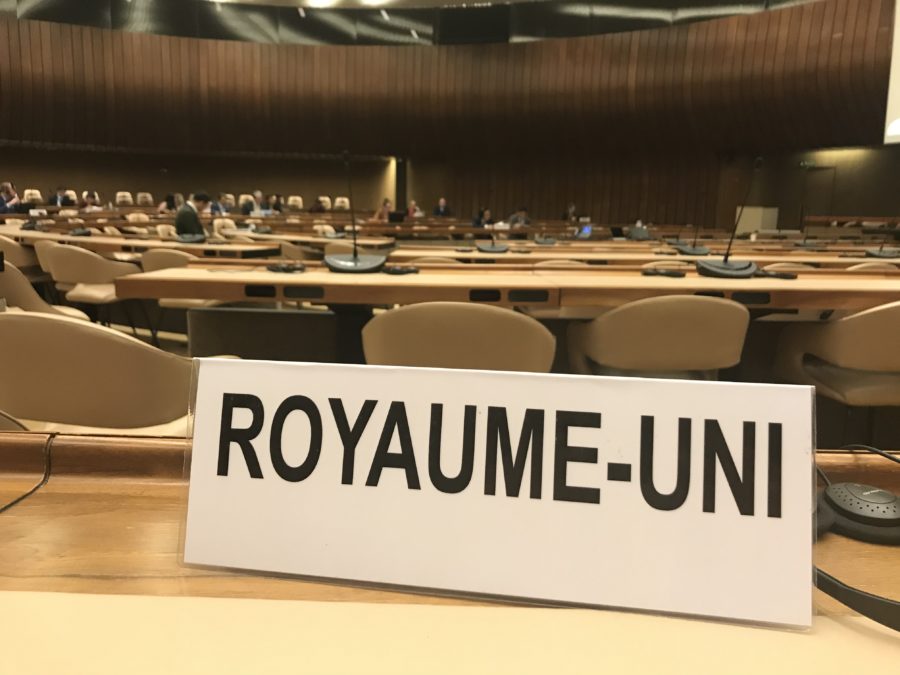
Before these measures were in place China brought forward a “symposium on countering radicalisation” alongside a large exhibition on the situation in Xjinjiang, following the release in the media of multiple pieces of new information about the massive-scale repression of Uighurs in the region. China’s response felt like they were protesting just a little too much, and their refusal to engage in a serious exchange with states at the symposium provided no reassurance about what is a deeply alarming situation. During the session, High Commissioner Bachelet announced her intention to visit China but stopped short of criticising the situation in Xinjiang. If a visit does take place, it will be crucial that this visit is unfettered and sheds light on what appears to be the most severe human rights crisis anywhere in the world outside a conflict zone, with reports of forced labour and up to 1.8 million people arbitrarily detained.
By week 3, the Council had moved to the Assembly Hall – the UN’s biggest room – with delegates spread well apart. We made it to the end of week three with important resolutions tabled to renew mandates on Syria, South Sudan, Myanmar and DPRK among others, as well as a resolution by the African Group to establish a new investigation into violations and abuses in Libya. But it was clear that the session could go no further, and all these resolutions were left pending. Before suspending a week early, the Council agreed by consensus to extend all of the country and thematic mandates that would otherwise have expired, as well appointing 19 new experts to fill these and other mandates. DPRK, Iran and Syria chuntered about the continuation of Council scrutiny on themselves, but it was good that no vote was called.
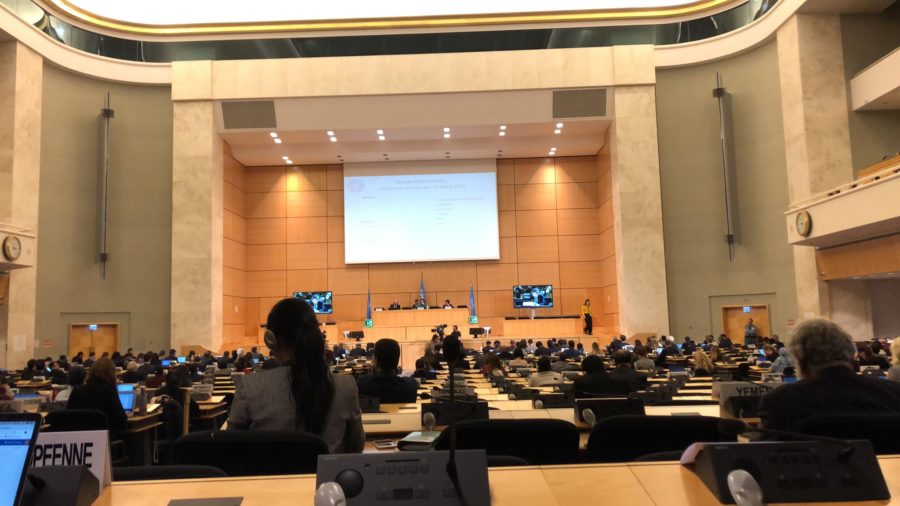
And somehow, as the Council session slowly imploded around her, President Elizabeth Tichy-Fisslberger remained a model of calm and composure throughout. Her presence is hugely reassuring, and I can’t think of any President who has faced a tougher set of challenges in such a short time. She would be a fabulous motivational speaker for the self-group I’d love to set up – Chaotics Anonymous – if only I and my fellow chaotics had the organisational wherewithal to get it going.
It’s unclear for now when the Council will reconvene, and like many colleagues I’m slowly adapting to the challenges of trying to work while home-schooling. I hope you all stay well in the meantime and that it’s not long until we meet again.



